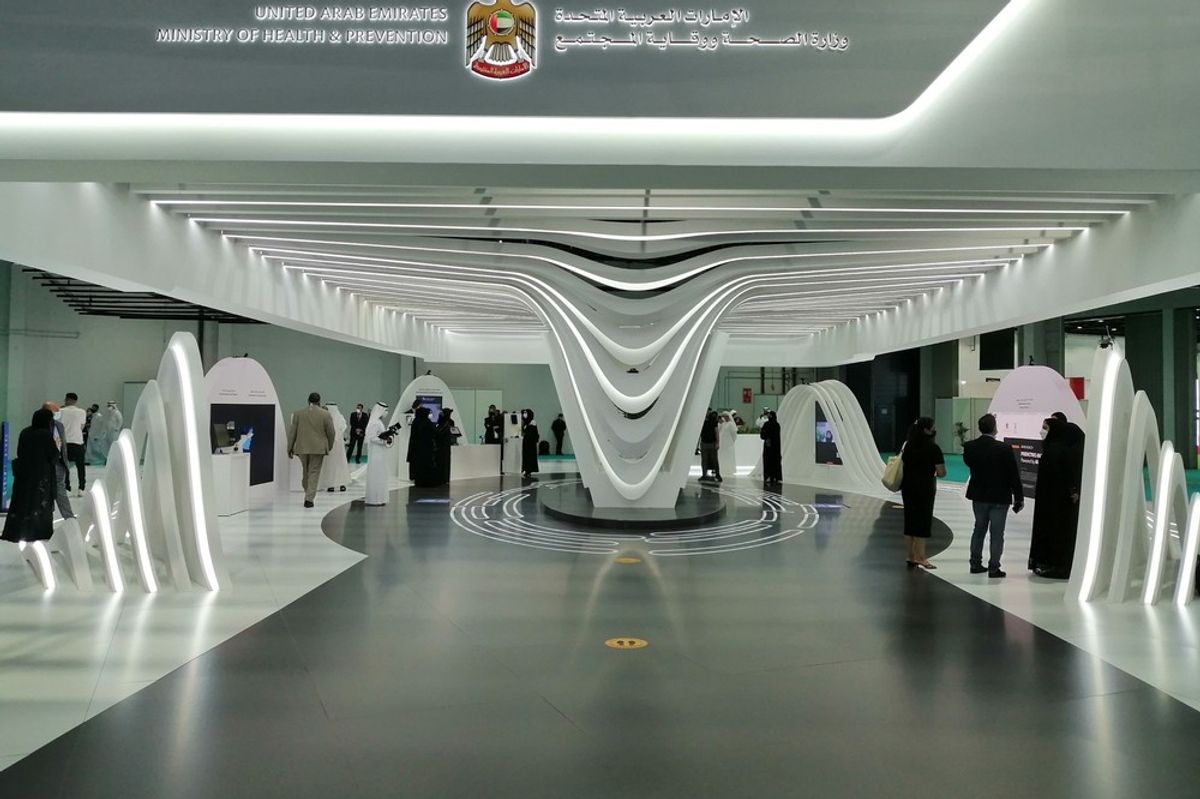80% of expats rate UAE healthcare better than their home countries
A new report reinforces how the UAE's healthcare system is setting new global standards with advanced technology, satisfied expats, and continuous growth
Dubai Desk
The Dubai Desk reports on major developments across the UAE, covering news, culture, business, and social trends shaping the region.

However, the study also found that 64% of residents perceive healthcare in the UAE as expensive
Shutterstock
A recent study on the UAE healthcare sector revealed that most expats believe the country’s healthcare system is superior to what they have back home. In fact, 84% of respondents feel that healthcare in the Emirates has significantly improved over the past decade.
The Brand Finance report, which surveyed 2,000 UAE residents (21% citizens and 79% non-citizens), shows widespread satisfaction with the healthcare system. Only 6% of foreign residents think their home country’s system is better, while 81% view the UAE’s healthcare as high-quality.
This positive sentiment highlights the success of the UAE’s investments in healthcare, with 84% of respondents expecting further advancements in the next decade.
However, the study also found that 64% of residents perceive healthcare in the UAE as expensive, with an average annual spend of AED7,600 ($2,100) per person.
The study also revealed insights into the top healthcare providers in the UAE. SEHA ranked as the leading brand both nationally and in Abu Dhabi, scoring highest in areas like trust, recommendation likelihood, and doctor and nurse quality.
In Dubai, Aster emerged as the top-rated brand, while Sheikh Khalifa (SEHA) was recognized as the most respected individual hospital across the country. Daman was the highest-rated health insurance provider, excelling in trust and customer comfort.
Brand Finance’s research also noted that the UAE now has 2.8 doctors per 1,000 people, nearing the levels seen in Western Europe, such as the UK (3.2), France (3.3), and Germany (4.5).
With 80% of doctors and 90% of nurses being expatriates, and an aging expat population, the demand for healthcare professionals is expected to remain high.
The report highlighted that healthcare spending in the UAE reached $26.8 billion in 2022 and is forecasted to grow to $33.8 billion by 2027, with a compound annual growth rate of 4.8%.
Additionally, the federal government allocated AED4.95 billion ($1.35 billion) to healthcare, representing 8.6% of its total budget, and plans to continue investing as the economy grows.
To reduce reliance on imported medicines, the government is fostering a life-sciences industry. Initiatives like the tax-free Dubai Science Park have attracted major pharmaceutical companies, including Amgen, Pfizer, and Bayer, helping secure the country’s pharmaceutical supply.










Comments
See what people are discussing